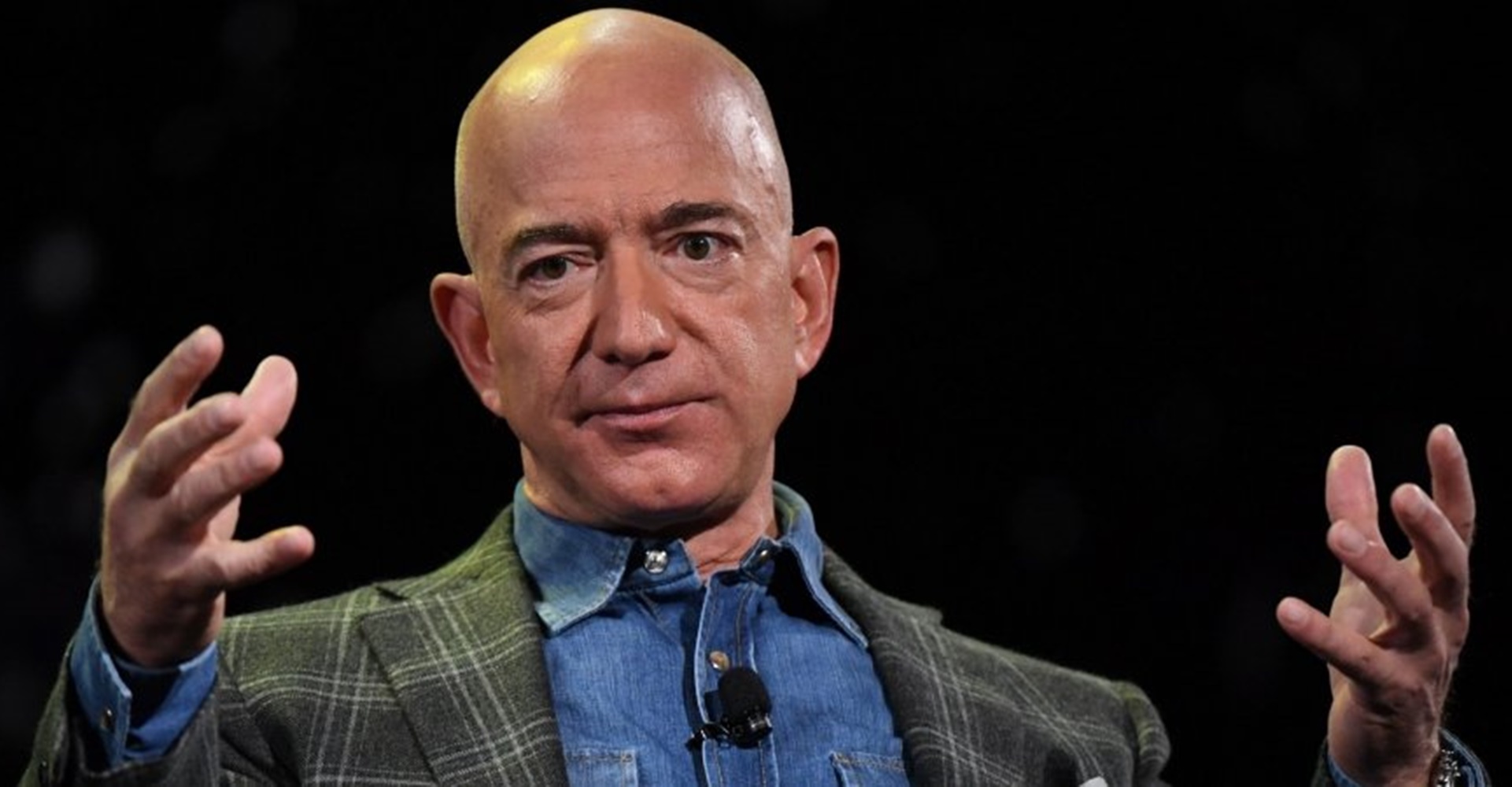The company’s efforts to make a contribution seem to have backfired in a big way.
The wildfires that are raging across Australia are a tragedy of massive scale. Over 3,000 homes have been destroyed, and CNN reports that 28 people have lost their lives. Almost 18 million acres have burned so far, and the fires have yet to be brought under control.
First of all, $690,000 is not nothing. And, for that matter, it isn’t out of league for contributions of this type. McDonald’s and JP Morgan each gave between $500,000 and $750,000. On the other hand, the Murdoch family (Rupert Murdoch is from Australia), donated $4 million on top of a $5 million contribution from News Corp.
But, the problem isn’t just that Amazon is making a contribution, the problem is the optics.
The company is worth a trillion dollars. It’s also notorious for paying few, if any taxes. It made more than $10 billion in profit in 2018. That’s about $321 per second. At that rate, it takes less than an hour for the company to bring in the $690,000 it donated.
And then there’s the founder and CEO, Jeff Bezos, who is literally the richest person on the planet, with a net worth of $116 billion. And that’s after he had to give away $30-ish billion in a divorce settlement.
There aren’t many people who could donate less than one percent of their net worth, and still contribute $1 billion (with a b) to a cause. Actually, there is exactly one person who could–which is why this contribution is drawing so much criticism.
Here’s the thing, companies make contributions because they believe that their stakeholders are invested in a cause. In that regard, they often make donations with an eye towards the good press it might generate. While it’s not the most noble reason to give money, if the resources end up helping the people who need it, at least there’s that.
The problem is that Amazon (and Bezos) grossly miscalculated the public perception of the company and its commitment to charity. In an effort to get credit for doing a good thing (which every contribution is), it missed the fact that the donation it made ends up looking quite stingy. Which, by the way, is a reputation its mega-wealthy founder has already earned.
For example, according to Vox, Bezos has donated just $200 million between 2000 and 2017. That’s still a lot of cash, but in comparison to his overall wealth, it’s sort of the equivalent of me donating a pen.
Amazon could have said it would donate $1 for every product sold today. It generates something like $8,500 of revenue every second of every day. Does anyone think the company would miss that money? Even if it sold 25 million products today, it would represent a quarter of one percent of it’s total profit.
People expect the brands they frequent to have a similar level of compassion for the issues they care about. And they absolutely expect that people who have had extraordinary success will help when they can.
For that matter, Amazon could have done nothing, and it would have been better for the company. It would have avoided the criticism it earned trying to generate goodwill. On that note, if you’re trying to generate goodwill by supporting a cause, people expect that you’ll support it in proportion to your ability and resources.
Or at least in a way that looks like you actually care about what they care about.
inc.com / balkantimes.press
Napomena o autorskim pravima: Dozvoljeno preuzimanje sadržaja isključivo uz navođenje linka prema stranici našeg portala sa koje je sadržaj preuzet. Stavovi izraženi u ovom tekstu autorovi su i ne odražavaju nužno uredničku politiku The Balkantimes Press.
Copyright Notice: It is allowed to download the content only by providing a link to the page of our portal from which the content was downloaded. The views expressed in this text are those of the authors and do not necessarily reflect the editorial policies of The Balkantimes Press.

